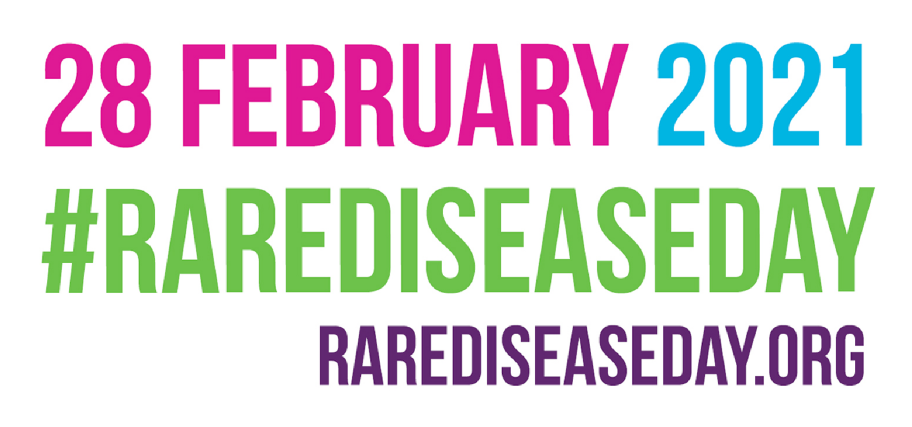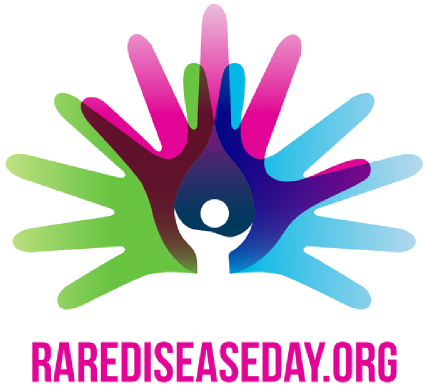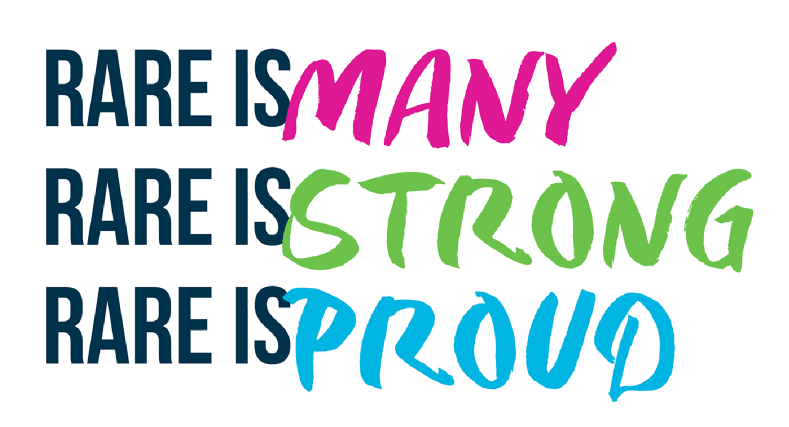Meet Laura and Chelsea
Finding strength beyond muscle: Joint perspective of a mother and daughter’s journey with FSHD

The mother and daughter duo Laura Adams and Chelsea share their perspectives of living with FSHD and how their experiences have affected different aspects of their lives. While each has a unique story to tell, they have found great comfort in sharing their disease journey, including the ability to find strength and humor in one another.
How and when did you learn of your FSHD diagnosis?
Chelsea’s experience:
I was officially diagnosed with FSHD in November of
2012 after two years of bouncing around between
specialists in my home state of Maine. The first obvious sign of something wrong was when I realized I couldn’t walk on my tiptoes, leading me to a dedicated sports medicine doctor who hung with me through various visits with specialists. The tiptoes progression
put my winging shoulder blades and limited right-side
range of motion into a new perspective. He was the one
who recognized that there had to be a systemic cause
of my muscle weakness that connected the various
medical concerns that nobody could pinpoint. To this
day, I’m still grateful for his willingness and ability to
concede what he did not know. He referred me to a
major medical institution in Boston, where I was quickly
diagnosed with FSHD through a simple observational
assessment and confirmed by a blood test.
Laura’s experience:
Usually, it’s the elder conferring knowledge on the
youngster. In our case, Chelsea was the one who
persisted and got the information for the both of us.
She was the trailblazer with FSHD.
I had experienced symptoms that, in retrospect, we know now were connected to FSHD. For example, the muscle pain in my hips had initially been diagnosed as piriformis syndrome. By the time Chelsea was officially diagnosed, my beloved meditative and social walking habits of a couple of miles a day were abandoned because they had become so uncomfortable for me. After her FSHD diagnosis, I consulted a neurologist who quickly confirmed my own FSHD genetic mutation, which can be inherited.
What have you learned from one another based on your experiences with FSHD?
Laura’s experience:
By sharing our fears with one another, we are able to
make things that are scary in the moment less traumatic
memories. For example, I was sitting in a train station
waiting for the train when I suddenly realized—I have to
climb down those steps and navigate up those steps
with my bag in hand. Seriously, what if I can’t do
that? In the moment, it was terrifying, but in retelling it to
Chelsea, I could find the humor in my own panic.
We share these not-infrequent moments of doubt because we understand them so clearly. They are common experiences for those who are not 100% able-bodied. So many things you have taken for granted you would always be able to do—take a walk, lift a child, get dressed without help—become challenging and then impossible. I wish this were my solo journey, and that we were not sharing this new reality. Because we are, it’s so fortunate that we have each other to lean on. It’s hard to quantify what I’ve learned from Chelsea. Mostly, it’s confirmed what I always knew: She is a force and FSHD will not change that.
How have you supported one another through the challenges that FSHD can present?
Chelsea’s experience:
I am very proud to be my mother’s daughter because I
get my sense of purpose and drive from her. The ways in
which we help one another cope are largely based
on humor and, admittedly, denial. The humor is not
always appropriate, but we find comfort in the ability to
laugh at some of the challenges we experience. It’s the
crutch that helps us acknowledge our vulnerabilities and
gives us a space to explore them together.
Denial, on the other hand, gets a bad rap. It has a role in building resiliency and can be a bridge to acceptance. There will come a time when our condition announces itself upon arrival and we will become more reliant than two independent people like us prefer to be. To date, denial has allowed us to keep FSHD from defining every aspect of our lives as it slowly assumes control of our bodies. We live with increasing intention around engaging in our diagnosis. My mom is very pragmatic and level-headed and, as a result, is more able to come to terms with her disease. On the other hand, I need to give myself permission and time to think through and feel every ounce of the discomfort, grief and fear. I need it to be okay that it’s not always okay. That’s my process, but my mom has a really gracious way of embodying the mantra, “there are the things that I can control, and there are the things that I cannot.”


I have reached a place where I feel a sense of responsibility to engage with and be part of the FSHD solution. I recognize at this point that there are a lot of people out there pulling for us, whether they know us personally or not. I feel a sense of obligation to enter the fray, no matter how difficult that may be. My mom and I both share that mindset.
Ultimately, it’s been extremely helpful to have someone to commiserate with who doesn’t need you to qualify or explain the individual cuts to your independence or self-image that FSHD brings. As one-offs, the losses brought by the progression may seem like minor adjustments. Cumulatively, they rob you of physical independence and confidence and force you to redefine every role you inhabit—daughter, parent, spouse, carpooling soccer mom. Who better to process that with than your own mother?
What motivates you to share your story with the scientific community?
Laura’s experience:
Chelsea is an inspiration to me. There are times when
she would love to be more physically active with her
own pre-school-aged daughter, Charlie. However, she
is always there doing everything with her family that
she would be doing if she didn’t have FSHD, just in a
less active role. Chelsea has not allowed the physical
challenges associated with FSHD or her fears about
the future to become limitations. Without a cure, the
progressive muscle wasting will make that harder to do.
That’s our motivation to share our stories and to fight for
a cure. We can all do a little bit to make the world a
better place for people of all abilities.
What are some of the great joys and passions in your life? Has FSHD affected those in any way?
Chelsea’s experience:
It’s my great privilege to raise a daughter who values
difference as different, not less; who leaves a day better
than she found it; who knows she’s strong, however you
define it.
Her questions about FSHD are getting bigger and more complicated quickly, and I’m truthfully not 100% prepared to answer them. The reality is that I can’t physically do some things that others can. But I want her to know that muscle is just one form of strength—you can be strong of mind, strong of heart, strong in your convictions and strong of spirit.
One of the biggest motivators for me to shake hands with my reality is so I can set an example for my daughter and live in a way that doesn’t limit her. For me, the way through this is to put purpose to it beyond myself and to show her that strength comes in many forms.




